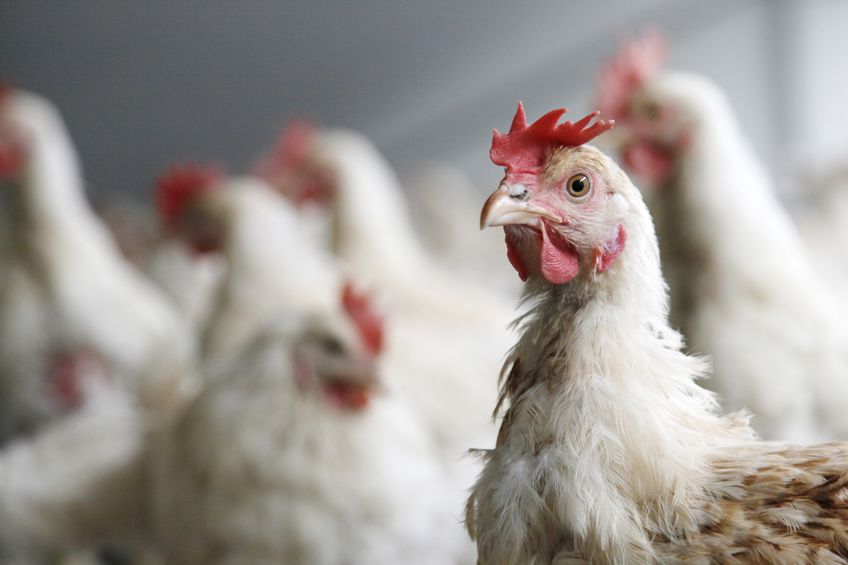
Livestock in the United States receive over five times more antibiotics per animal than their UK counterparts, according to new research.
In particular, US cattle received 8 to 9 times more antibiotics per animal than British cattle, the Alliance to Save Our Antibiotics said in their report.
It shows that in 2018 US pigs and poultry received twice as many antibiotics per animal as British pigs and poultry, and US turkeys received 9 times as many.
The comparative data has been calculated using information contained in UK and US government reports.
The US ended its use of antibiotics as growth promoters in 2017, which contributed to a 33 percent fall in farm antibiotic use in that year.
In 2018, however, US antibiotic use increased again by 9%. This could be due to the increased use of antibiotics for routine disease prevention, the report said.
In comparison, British farmers have continued to cut their use, by 9 percent in 2018 compared with 2017, and by 50% compared with 2014.
Cóilín Nunan, a scientific adviser for the alliance, said US farmers continue to 'massively overuse' antibiotics despite warnings about the threat it poses to human health.
"Consumers should be concerned if a UK-US trade deal results in increasing imports of US meat and dairy produced in this way, as we know that antibiotic-resistant bacteria can pass to humans through the food chain,” he said.
At present the overwhelming majority of British imports of meat and dairy come from the EU, where antibiotic use in farming is generally lower than in the US.
The EU has decided to ban all preventative group treatments with antibiotics in January 2022, which is expected to help achieve further large reductions in European farm antibiotic use.
The US has argued against the UK implementing EU regulations which go beyond minimum international food and farming standards.
Mr Nunan said that the US wanted to agree a trade deal with the UK based on minimum international animal-welfare and antibiotics standards.
"If the UK government accepts this approach it risks reversing the progress that British farmers have made in reducing their antibiotic use.
"British farmers would have to compete with much cheaper production of meat and dairy from animals raised in very intensive conditions with far higher levels of antibiotic use."
